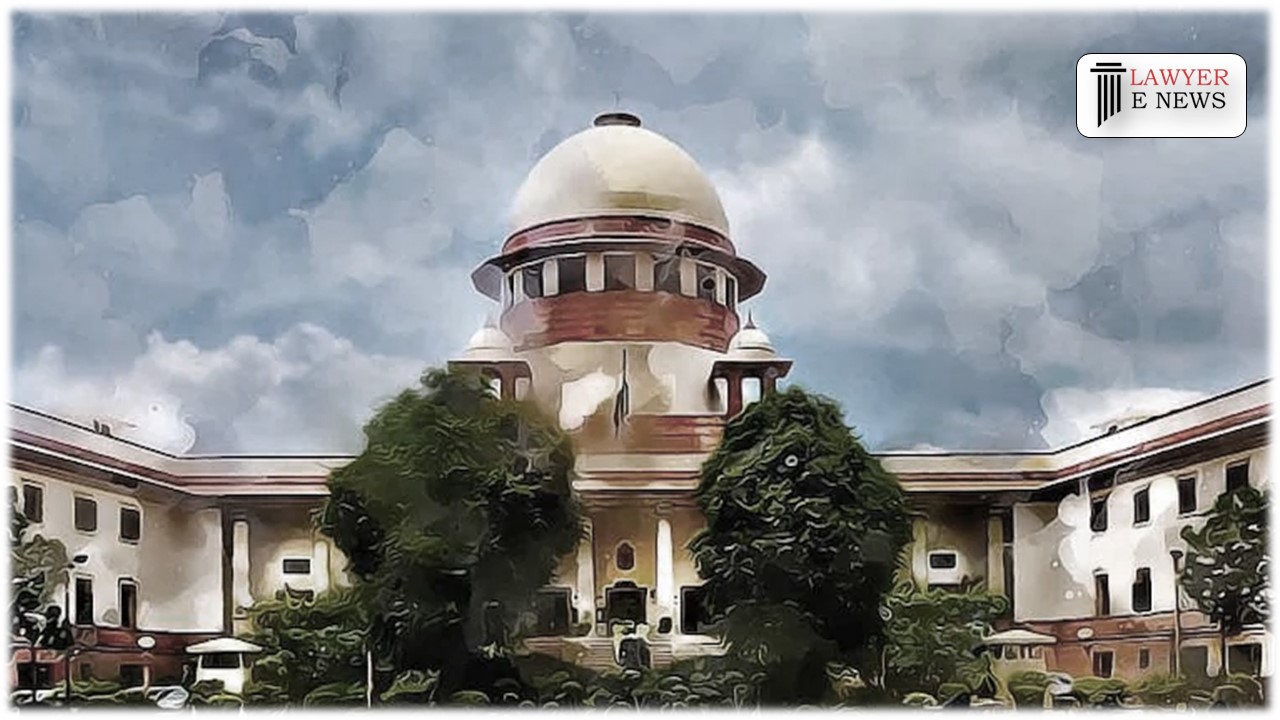-
by Admin
15 February 2026 5:35 AM



In a significant development, the Delhi High Court has refused to grant bail to the former Deputy Chief Minister of Delhi in a case related to the formation of a malafide excise policy. The decision was delivered by Justice Dinesh Kumar Sharma on May 30, 2023.
The case pertained to the introduction of a new excise policy to replace the old one, with the stated objective of bringing transparency, enhancing state excise duty revenue, and curbing malpractices in the liquor trade. The petitioner, who held a high-profile position as the Deputy Chief Minister with 18 portfolios, including the Excise department, was alleged to be the pivot of a conspiracy to derive illegal gains and kickbacks through the new policy.
The Central Bureau of Investigation (CBI) presented material and statements of witnesses, including those of successive commissioners of excise, to support their contention that the petitioner played a crucial role in the entire conspiracy. The CBI further alleged that the increased profit margin from 5% to 12% was aimed at recouping the kickbacks received through an intermediary.
The court, while considering the bail application, examined the seriousness of the allegations and the position of the accused. It highlighted the need to consider factors such as the existence of a prima facie case, gravity of the allegations, evidence, severity of punishment, character of the accused, possibility of witness tampering, and larger public or state interests. The court emphasized that economic offenses require a different approach and should be treated as grave offenses affecting the nation's economy.
Justice Sharma noted that the petitioner's influential position and potential to influence witnesses could not be ignored. The court opined that the allegations of misconduct against a public servant of such stature, if proven, would have serious repercussions. It stressed that the grant of bail is a discretionary jurisdiction and should be exercised judiciously within the boundaries of the law, without being influenced by arbitrariness.
The court refrained from delving deep into the merits of the case, as it could prejudice the parties during the trial. It concluded that the allegations of malafide formation of the excise policy were serious in nature and went to the very foundation of the case. Given the gravity of the allegations and the accused's position, the court found that the petitioner failed the triple test and was not entitled to bail.
This decision reaffirms the principle that economic offenses must be handled with utmost seriousness and should be subject to careful scrutiny. The court's role in economic policy matters is limited, but it retains the authority to investigate allegations of malafide actions or corruption in policy decisions.
Date of Decision: May 30, 2023
MANISH SISODIA vs CENTRAL BUERAEU OF INVESTIGATION
